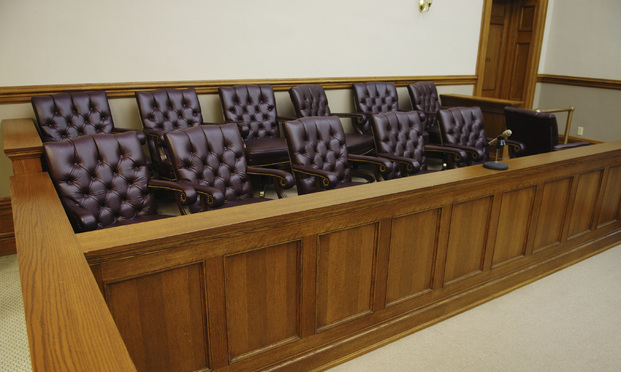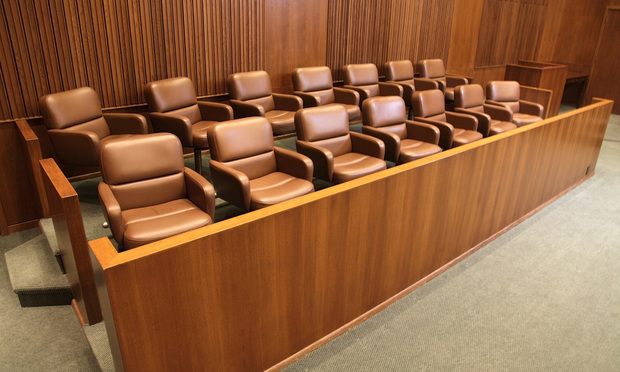Daniel Cooper

September 24, 2020 | New York Law Journal
Addressing the "New Normal" for Jurors and Jury PoolsThe pandemic pause in civil jury trials presents the opportunity for trial counsel to take a hard look at their pre-pandemic strategic assumptions, allowing time to re-examine and research the thoughts and feelings of the 'new normal' juror and the changed characteristics of the COVID-19 jury pool.
By Douglas Schoen, Carly Cooperman and Daniel Cooper
10 minute read

April 20, 2020 | New York Law Journal
COVID-19 Cannot Be the Death Knell for the American Jury TrialHow are we going to assure that the touchstone of our judicial system remains uncompromised as the fundamental guarantee of equal justice and protection from government overreach?
By Richard Emery and Daniel Cooper
8 minute read

January 05, 2015 | New York Law Journal
'Ordinary Skill in the Art' at Patent Jury TrialsColleen Tracy James and Daniel Cooper write: To help jurors distinguish the "normal or ordinary" from the "unusual or extraordinary," it seems that identifying a set of decision-making influences, practices, biases or tendencies of a "person of ordinary skill in the art" might be useful. An effort to identify such a matrix might provide a useful guide to jurors faced with the challenge of coming to an understanding of what, why and how a POSA would have made his or her choices at the time of the invention.
By Colleen Tracy James and Daniel Cooper
11 minute read

January 02, 2015 | New York Law Journal
'Ordinary Skill in the Art' at Patent Jury TrialsColleen Tracy James and Daniel Cooper write: To help jurors distinguish the "normal or ordinary" from the "unusual or extraordinary," it seems that identifying a set of decision-making influences, practices, biases or tendencies of a "person of ordinary skill in the art" might be useful. An effort to identify such a matrix might provide a useful guide to jurors faced with the challenge of coming to an understanding of what, why and how a POSA would have made his or her choices at the time of the invention.
By Colleen Tracy James and Daniel Cooper
11 minute read
Trending Stories



